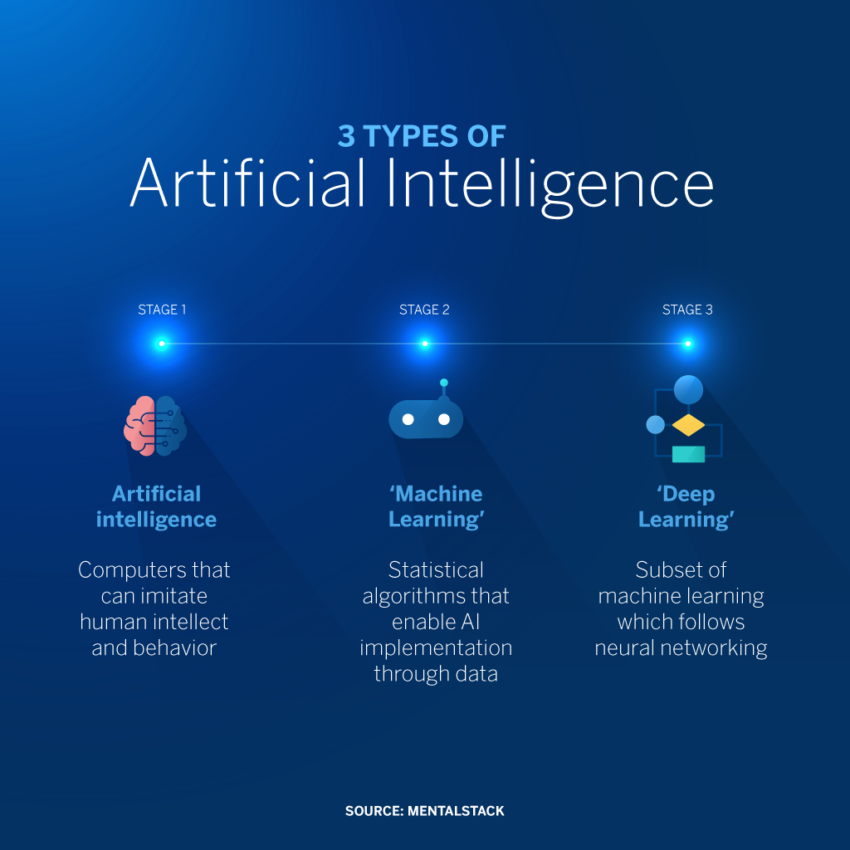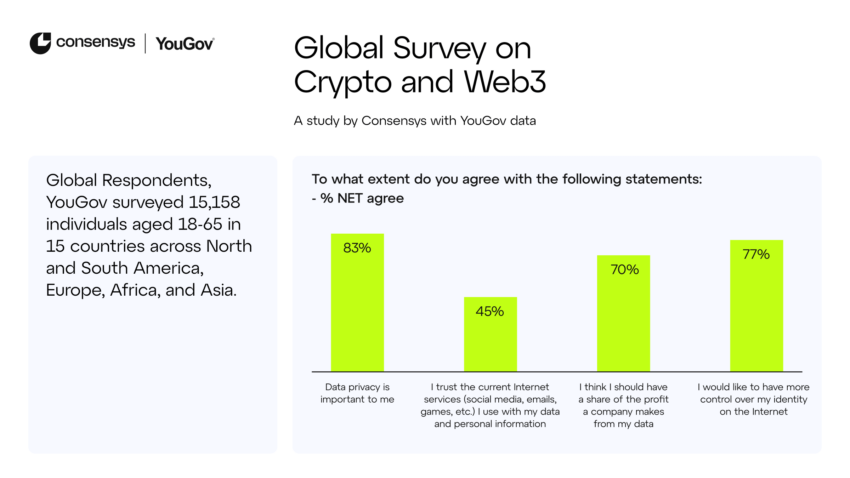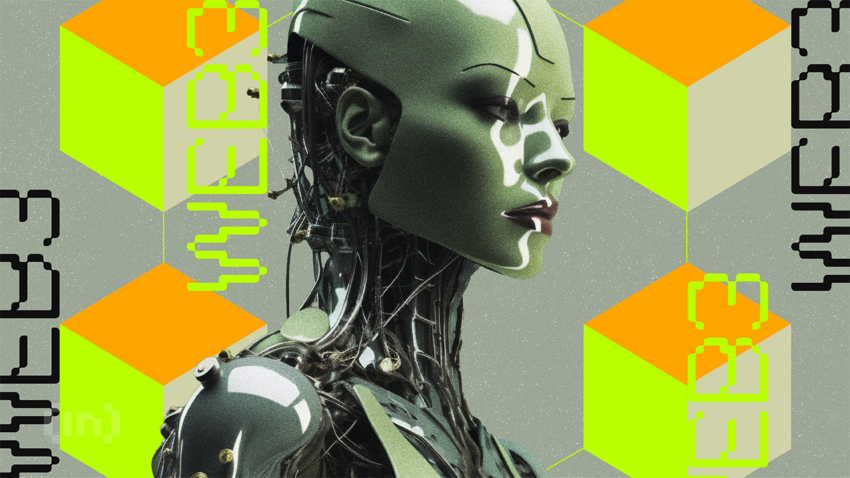It has become clear that in this era of the digital age, artificial intelligence (AI) is becoming increasingly central to all of our lives. The call for integrating blockchain’s ‘decentralization and democratization’ with AI has been strongly voiced by Jasper De Maere, Outlier Ventures Research Lead.
De Maere recently shared his thoughts on this imperative on Yahoo Finance’s Future Focus.
AI Capabilities and Shortcomings
De Maere elucidated, pinpointing the “questionable practices around data privacy and data security” inherent in centralized AI systems.
“AI is great, but it also has some shortcomings,” he stated.
His insights reveal a growing consensus among experts on the necessity of rethinking how we manage and secure AI’s capabilities.

Centralized AI, as highlighted by US Securities and Exchange Commission chair Gary Gensler, could pose a significant threat to the financial system.
Read more: Will AI Replace Humans?
Gensler feels this is due to the creation of a “monoculture” where reliance on a handful of AI models could precipitate systemic fragility.
“I believe it is likely inevitable that we will have, measured on the fingers of one hand, if not two or three, large base models, and separately the data aggregators,” he said.
This vulnerability underscores the need for a shift towards more resilient, decentralized infrastructures. This is an evolution that blockchain technology is uniquely positioned to facilitate.
Blockchain’s potential to revolutionize AI also extends beyond just enhancing security and privacy. De Maere proposed using blockchain as,
“A transparent and immutable database for storing IP information.”
This could ensure the integrity and authenticity of AI-generated content. It is an approach that addresses the complex issue of intellectual property rights in the digital age, where AI-generated art and content proliferate.
Data Privacy a Growing Concern
The demand for greater control over online identities and data privacy is becoming increasingly vocal. A global survey by Ethereum technology provider ConsenSys found that 79% of respondents desired more control over their online identity. The significant majority also prioritize data privacy.

These findings further underscore a critical public interest in the principles blockchain offers—ownership, privacy, and democratization of access.
Read more: Top Web3 Privacy Challenges & How to Overcome Them
Integrating AI with blockchain can solve existing issues and pave the way for a future where technology empowers users rather than constrains them. De Maere envisions a synergistic potential where the convergence of AI and blockchain,
“Is basically where the future is headed.”
All in all, this vision aligns with the broader tech community’s aspiration for web3—a decentralized, user-empowered iteration of the internet.
In adherence to the Trust Project guidelines, BeInCrypto is committed to unbiased, transparent reporting. This news article aims to provide accurate, timely information. However, readers are advised to verify facts independently and consult with a professional before making any decisions based on this content.
This article was initially compiled by an advanced AI, engineered to extract, analyze, and organize information from a broad array of sources. It operates devoid of personal beliefs, emotions, or biases, providing data-centric content. To ensure its relevance, accuracy, and adherence to BeInCrypto’s editorial standards, a human editor meticulously reviewed, edited, and approved the article for publication.

